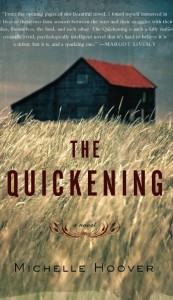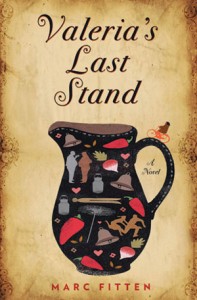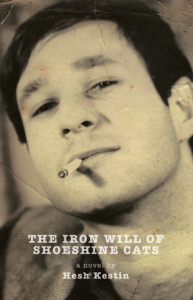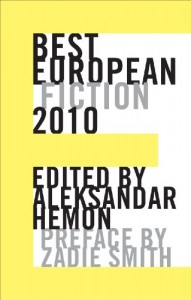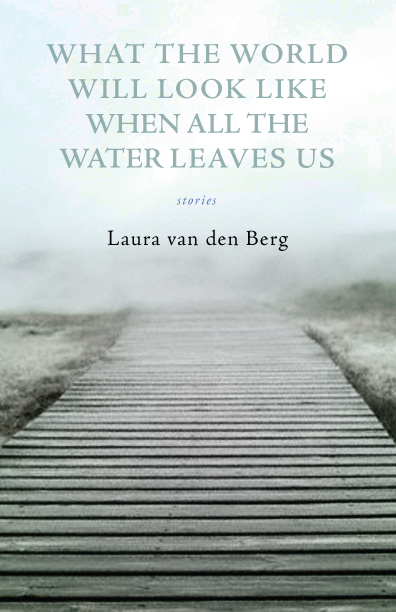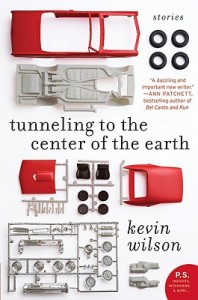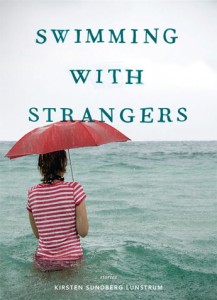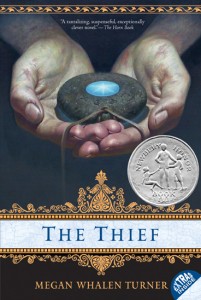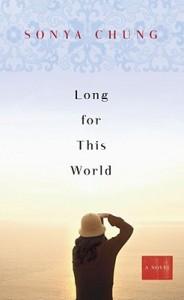The Quickening, by Michelle Hoover
Every work of fiction is grown from at least one seed of truth, whether it’s an emotional truth, an actual event, or a fact of nature. For Michelle Hoover, author of the elegant debut novel The Quickening, this seed was a fifteen-page document that her great-grandmother typed out in the final year of her life. In it, “broken hearted and sick in mind and body,” she recounted her seven decades as an Iowa farmwoman. Loosely based on this document and family oral histories, The Quickening follows the journeys of two Iowan families trying to build their lives amid the hardships of the Great Depression.

